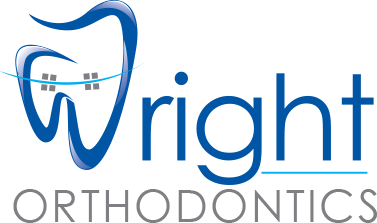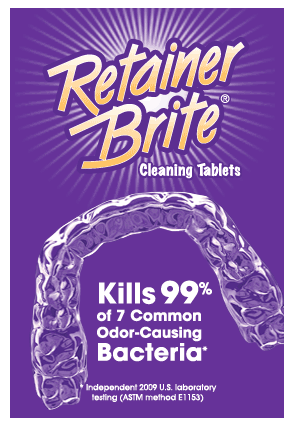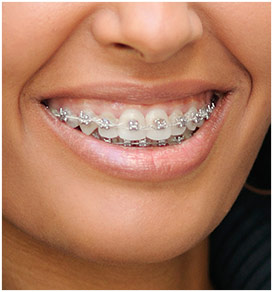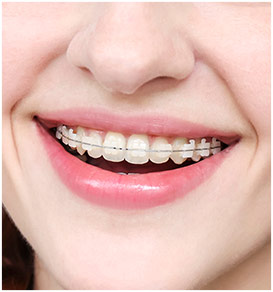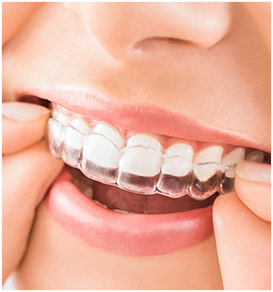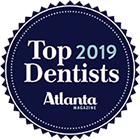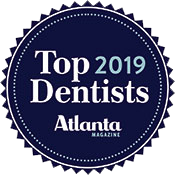One of the most difficult things when first getting braces is learning how to properly care for them. It can be overwhelming knowing when to brush, how to do so, the best way to floss and when to floss. How do you know if you’re doing it right?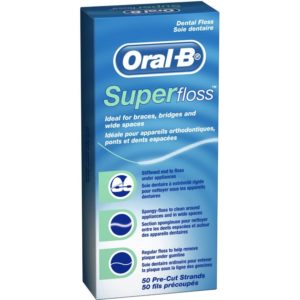
Proper flossing
While the wires can make flossing harder, it is still possible and very important. You just need to take your time and be careful. You should floss at least once a day, preferably just before bed. The most important part of flossing is to focus on sliding the floss along the side of the tooth and under the gum line. Floss threaders allow you to more easily get the floss under the archwires. Super Floss® is a helpful tool to save time when flossing also.
Proper brushing
It’s advised to brush after every meal or at least flush your mouth using warm water. At a minimum, you should brush your teeth twice a day with a special emphasis in the evening. You should brush for a full two minutes with a soft-bristled brush. You want to pay attention to brushing the surface between the brackets and the gum, between the brackets, under and over the archwires, and all other surfaces of your teeth along with gently brushing your tongue. The main difference is that the bristles on your brush may wear out more quickly due to the added strain of brushing your braces.
How to know if you have an issue
As long as you maintain good oral hygiene, you really shouldn’t have problems. However, the most common issues are gingivitis – symptoms include bleeding gums and occurs when plaque builds up along the gum line – which can turn into periodontitis if untreated. The other most common issue is white spots permanently staining the area around your braces. The best way to avoid this is to thoroughly brush all surfaces around the brackets.
To learn more about braces, hygiene and other orthodontic options, please contact Dr. Marc S. Wright at 404-507-2078.
